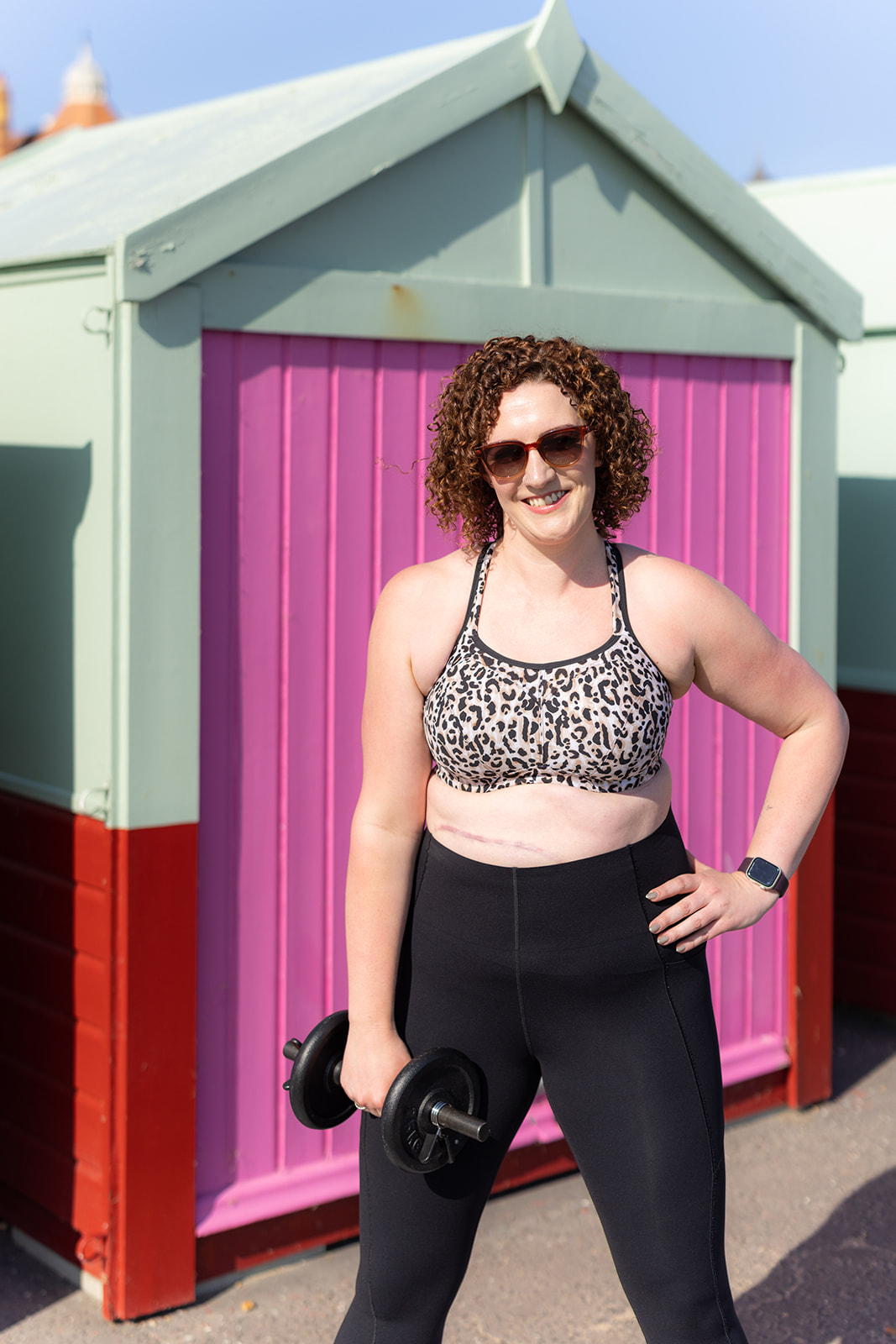As a cancer exercise specialist, I’m always intrigued by programmes such as the recent Panorama documentary, Cancer Conspiracy Theories: why did our sister die?
This week, the BBC aired an episode of Panorama focusing on cancer misinformation. It’s only 30 minutes long, and therefore takes a whistlestop tour of quite a complex topic, let’s have a look at some of the key elements.
Cancer and social media
The internet can be such a force for good, but it can also be a dangerous place. The latter was heavily acknowledged by the documentary, which looked partly at how information is shared, as well as one specific death of a young cancer patient who refused treatment partly due to the influence of her parents. The patient’s mother is a former nurse who has now been struck off, due to the fact that, in her son’s words, she has been “radicalised” and promotes alternative therapies which aren’t proven to be effective treatments.
A cancer diagnosis can lead to people experiencing lots of emotions, and our presumptions and second-hand knowledge of the experiences of others can get in the way of us taking on important information. The fear inspired by a cancer diagnosis can cause people to desperately seek alternative options, in the hope that they might find a different option that is more tolerable. And that’s often where social media comes in.
Doing your own research
Interestingly, one of the experts interviewed for the documentary acknowledged that he’s seen patient behaviour change. He stated that patients often used to attend appointments with sheaves of paper, things they’d rounded up by discussing the options with friends, and that “this took a lot of effort”, whereas now this can be achieved in seconds via the internet.
The other problem with our internet use is that we train the behaviour of the systems we use – our devices remember what we’ve searched for, and then show us other things they think we will be interested in, which can quickly send us down a rabbit hole of progressively extreme content without us realising.
Looking for reputable sources
One of the golden rules is to search with caution. Remember that anyone can post to social media, and say what they like. The same is also generally true of blogs (including this one!), podcasts, and other platforms which offer the ability to host user-generated content.
It is always a good idea to check the original source of a piece of information: when it comes to health and medical content, look for information which has been validated by those who are appropriately qualified and practicing. This will often come from reputable organisations such as research bodies or official medical channels, such as the NHS.
Whilst it’s true that medical research can feel frustratingly slow to generate new solutions, there’s a reason for this, and that’s both safety and efficacy. Treatments offered by systems such as the NHS are rigorously tested before being made available, in the hope that they are as safe and effective as it’s possible for them to be.
As the documentary acknowledges, no treatment is perfect. Unfortunately, with any disease or health condition, there will be people who don’t recover, or who suffer side effects on their way. Sadly, this is the nature of human bodies – we are all different, and there is generally no way of knowing for certain whether something will work until we try it. However, the benefit of research is that we have a strong idea of the probability before we enter into it.
What to do about concerns about treatment
The system is there to help you. Doctors, specialist nurses, and other allied professionals are available to speak to via your treatment centre. Many reputable charities also offer helplines, which can be staffed by specialist experts who are able to discuss your concerns. Especially if it is your first time receiving treatment, they are used to hearing about all sorts of worries, and helping to talk through them. There is no such thing as a stupid question – if it matters to you, it is important, and help is available.
Refusing treatment altogether is a big decision to take, and there will be some people for whom that is the right course of action. However, this is a small cohort, applying to quite a specific demographic. Being worried about treatment – whatever you are offered – is normal, and it’s ok to ask for help.
If the documentary teaches us one thing, it’s that we need to check good sources of information and, even when feeling under pressure to make an urgent choice, to still make the one that gives us the best chance of a positive outcome.
